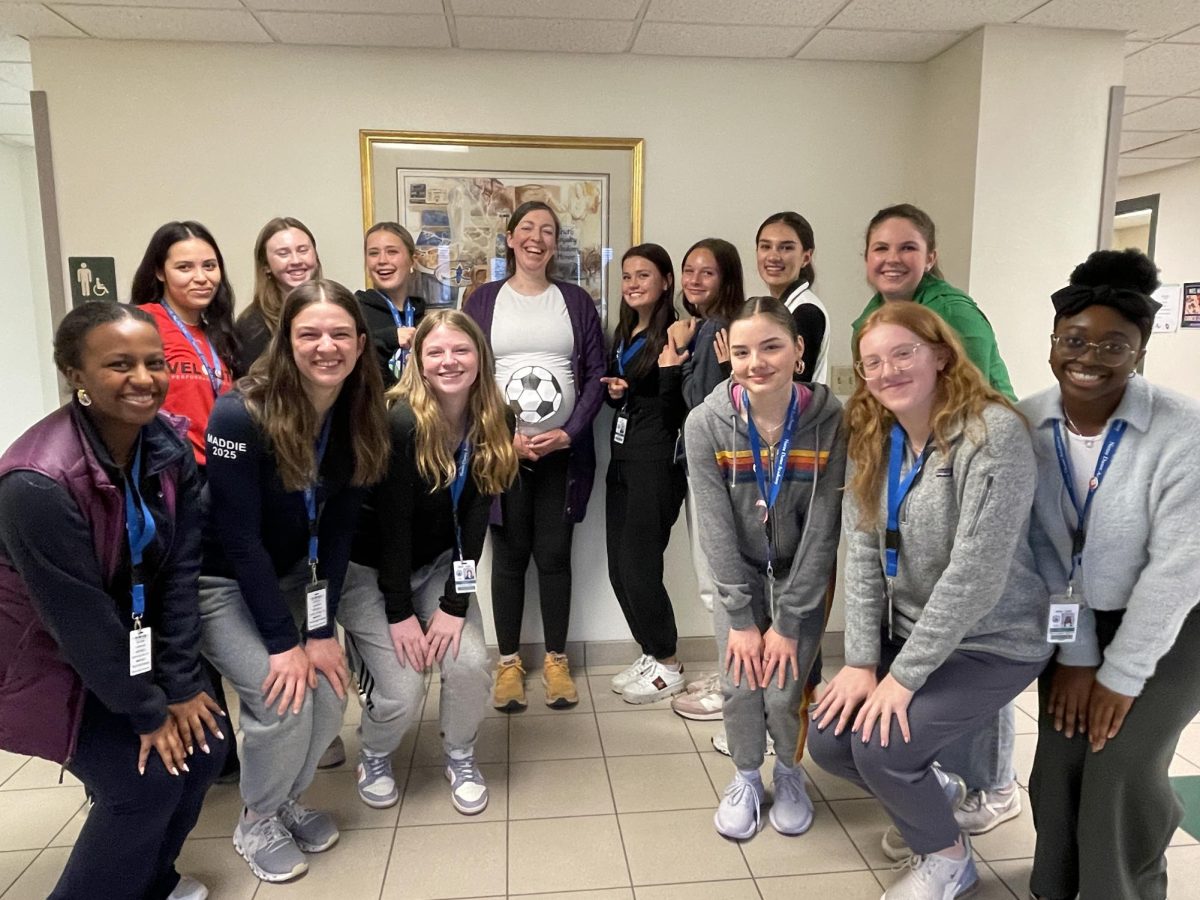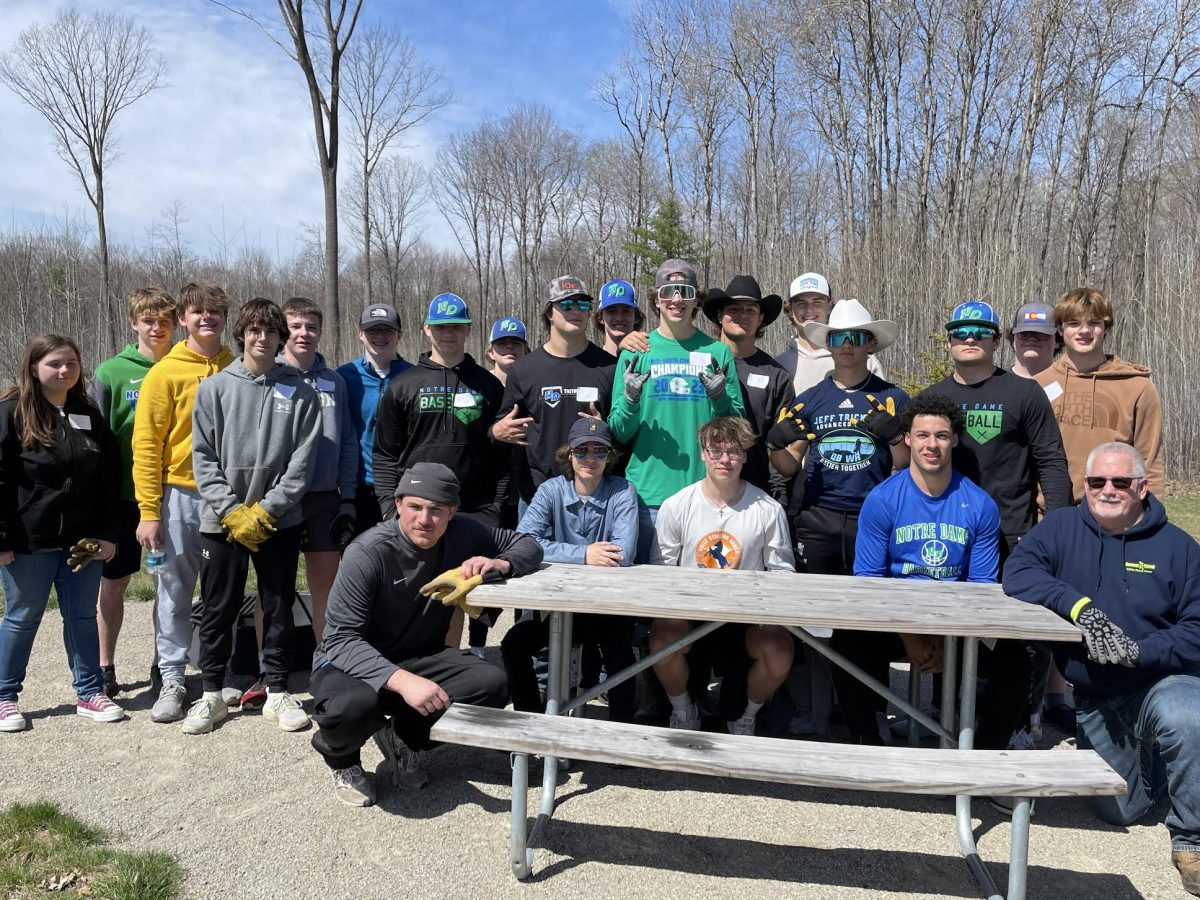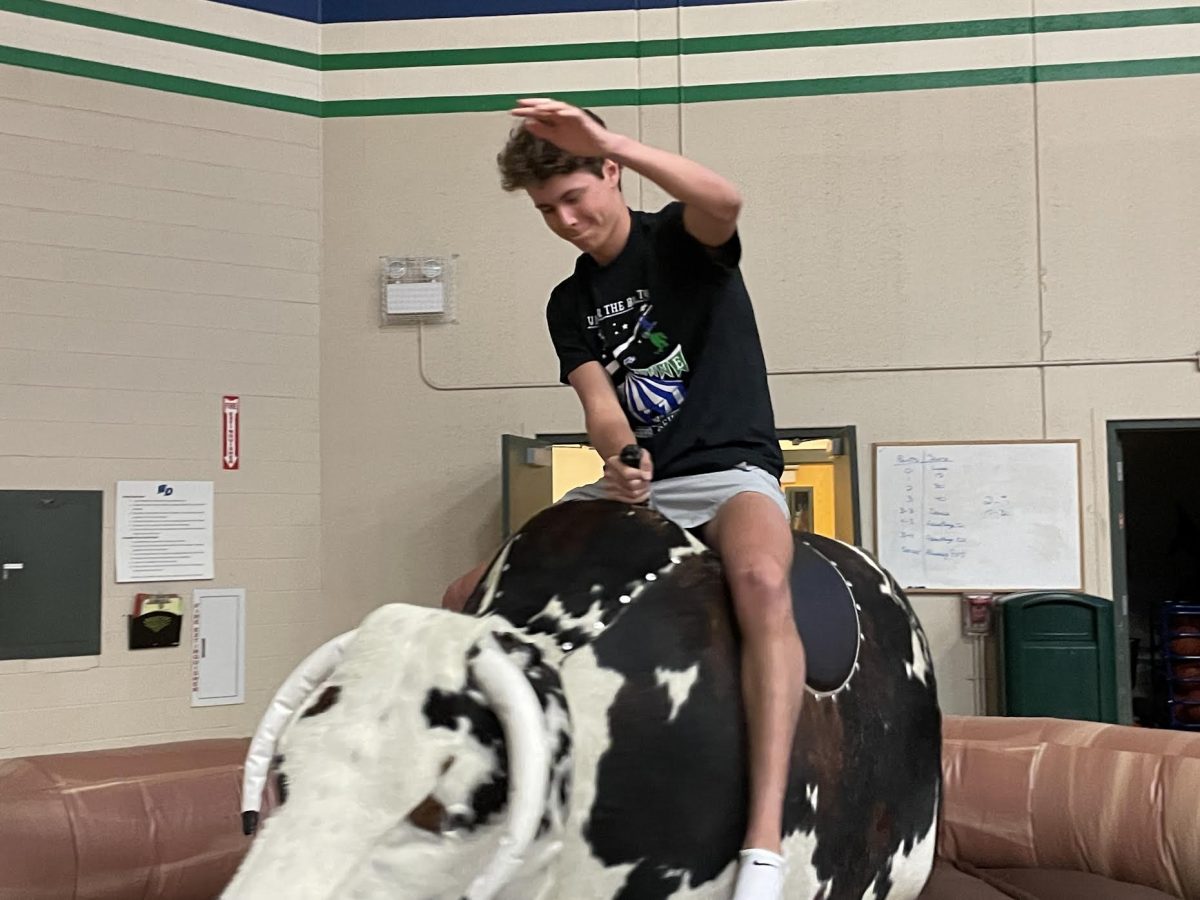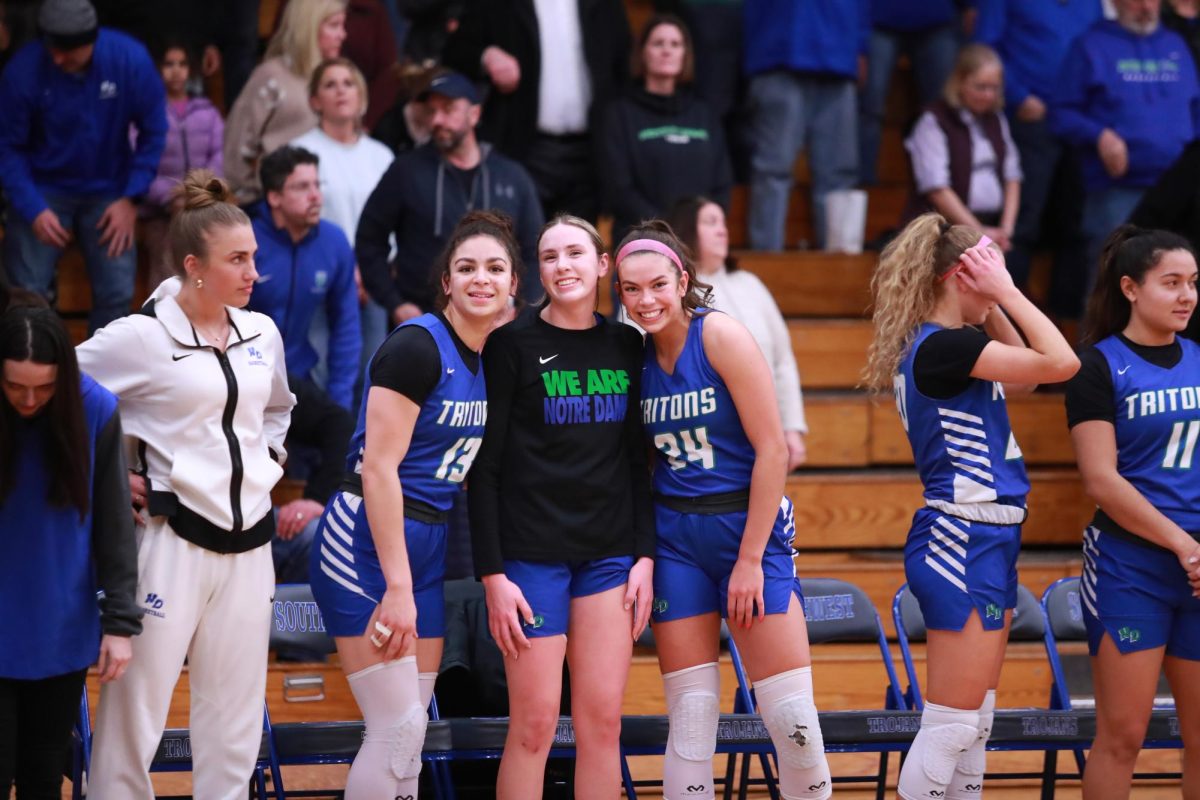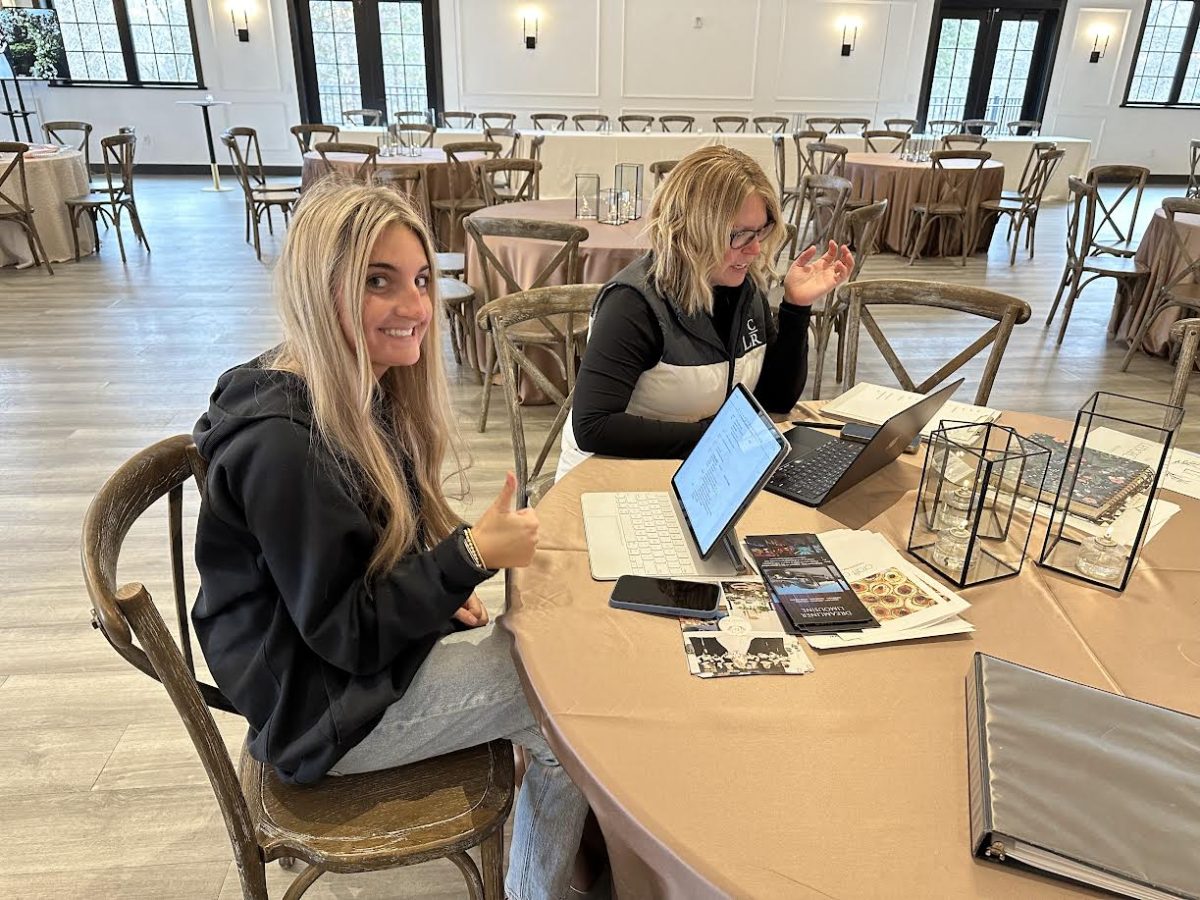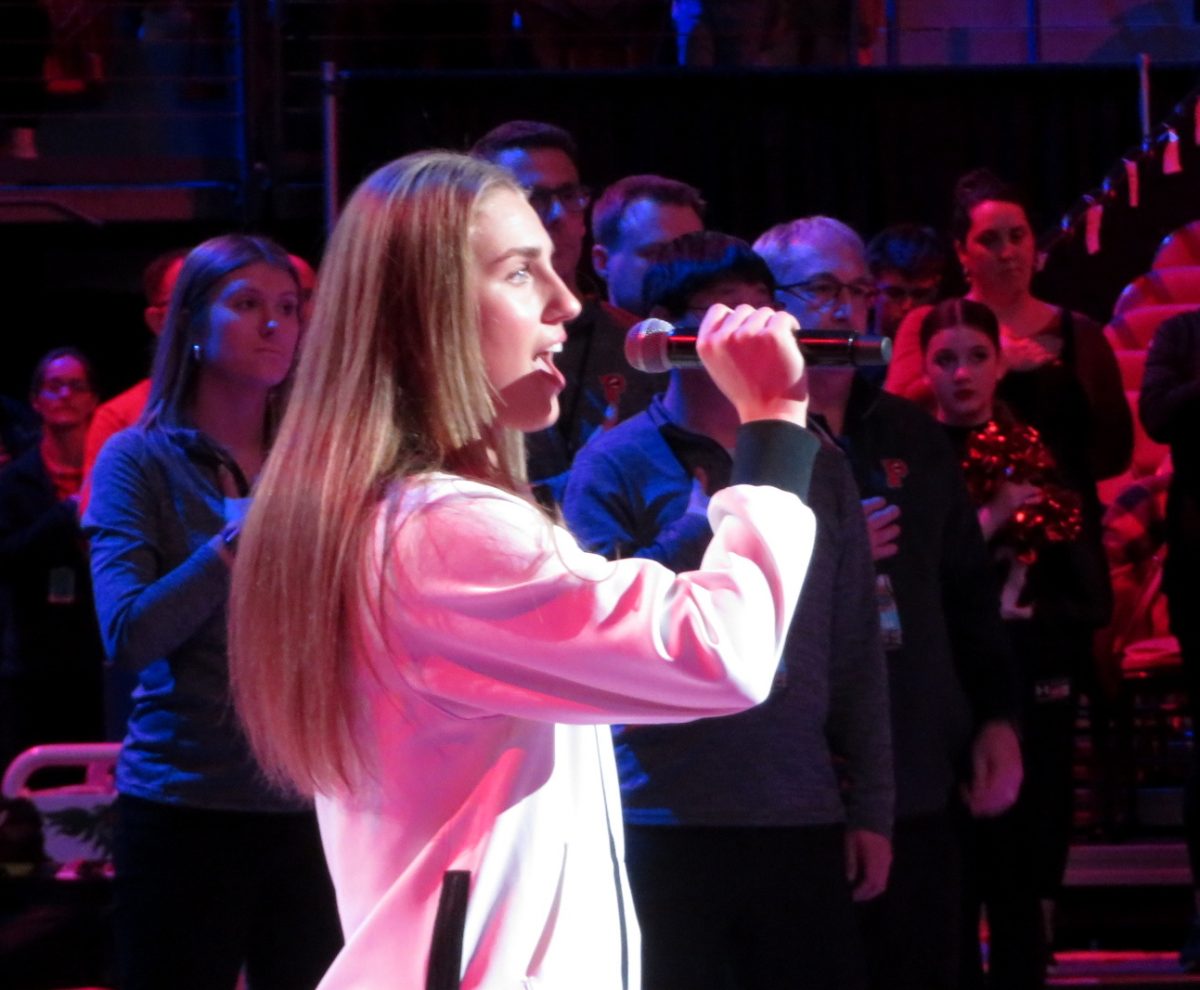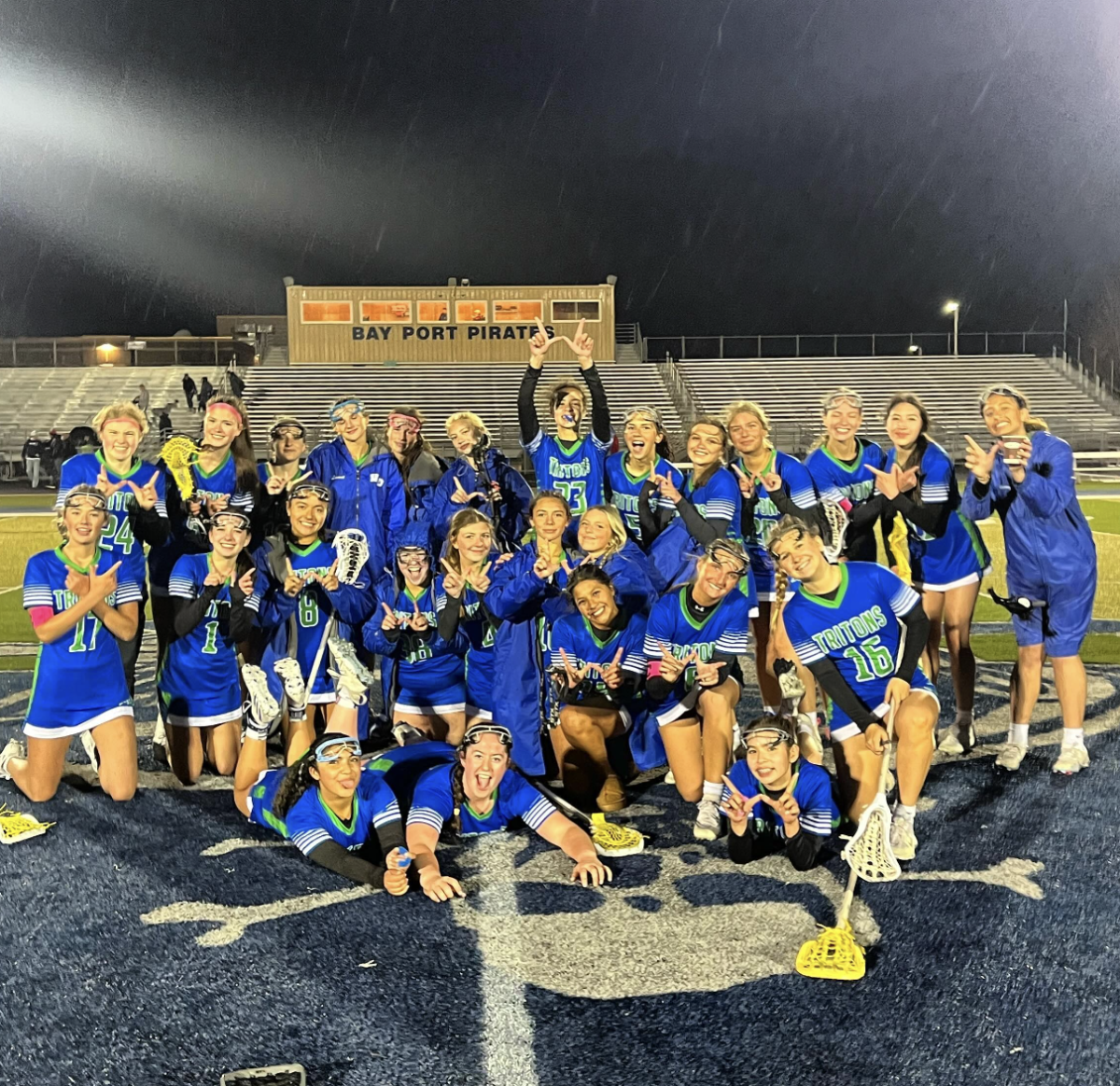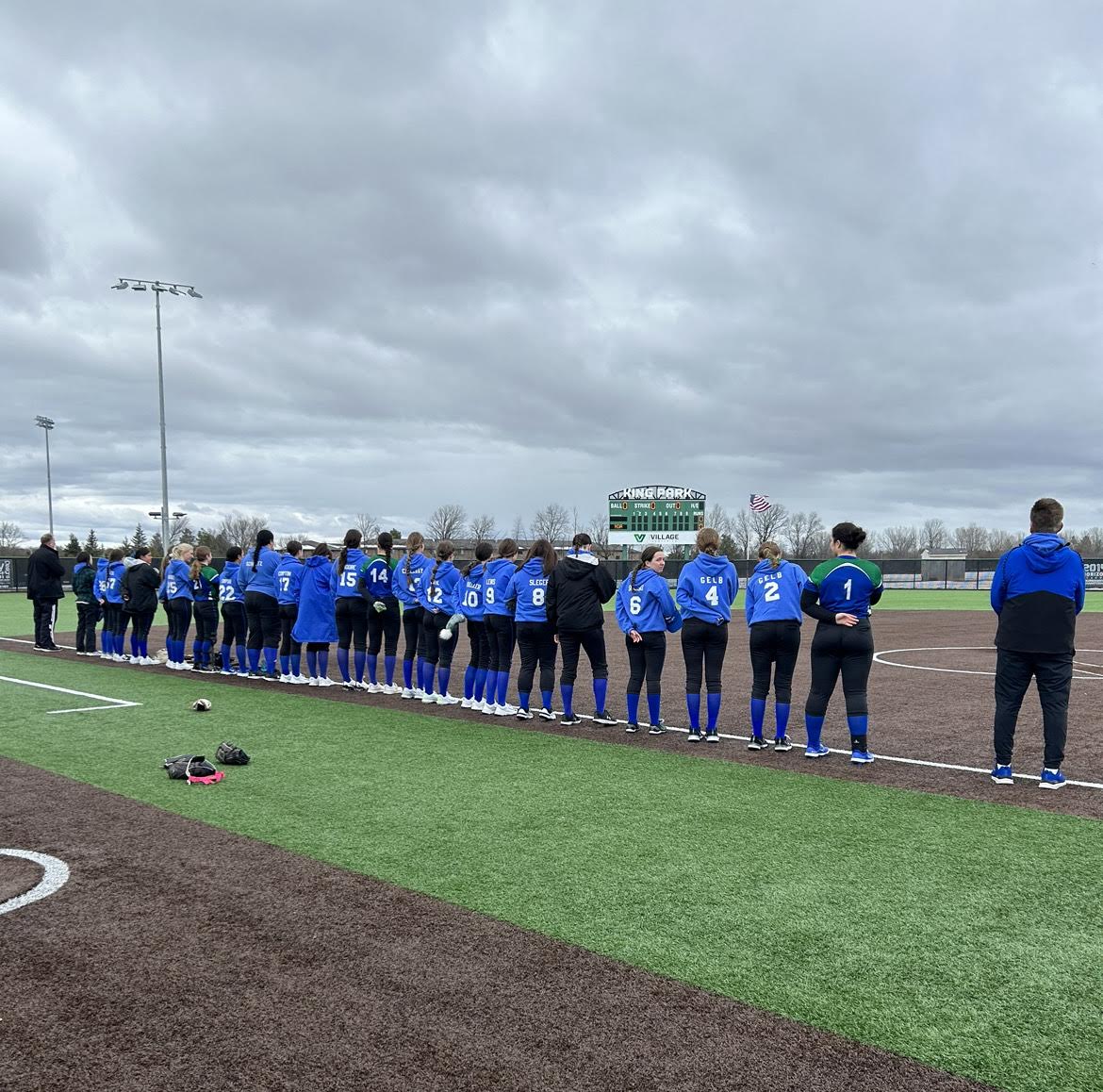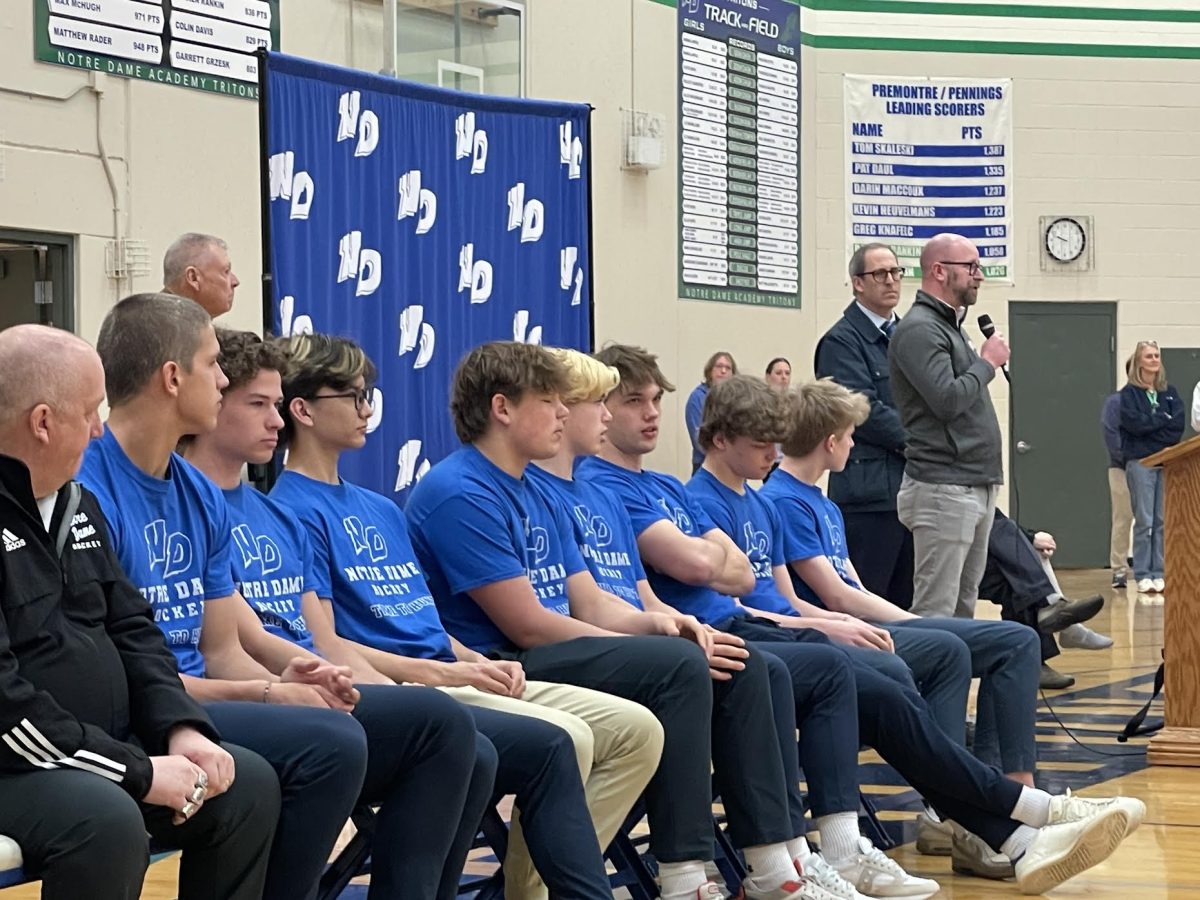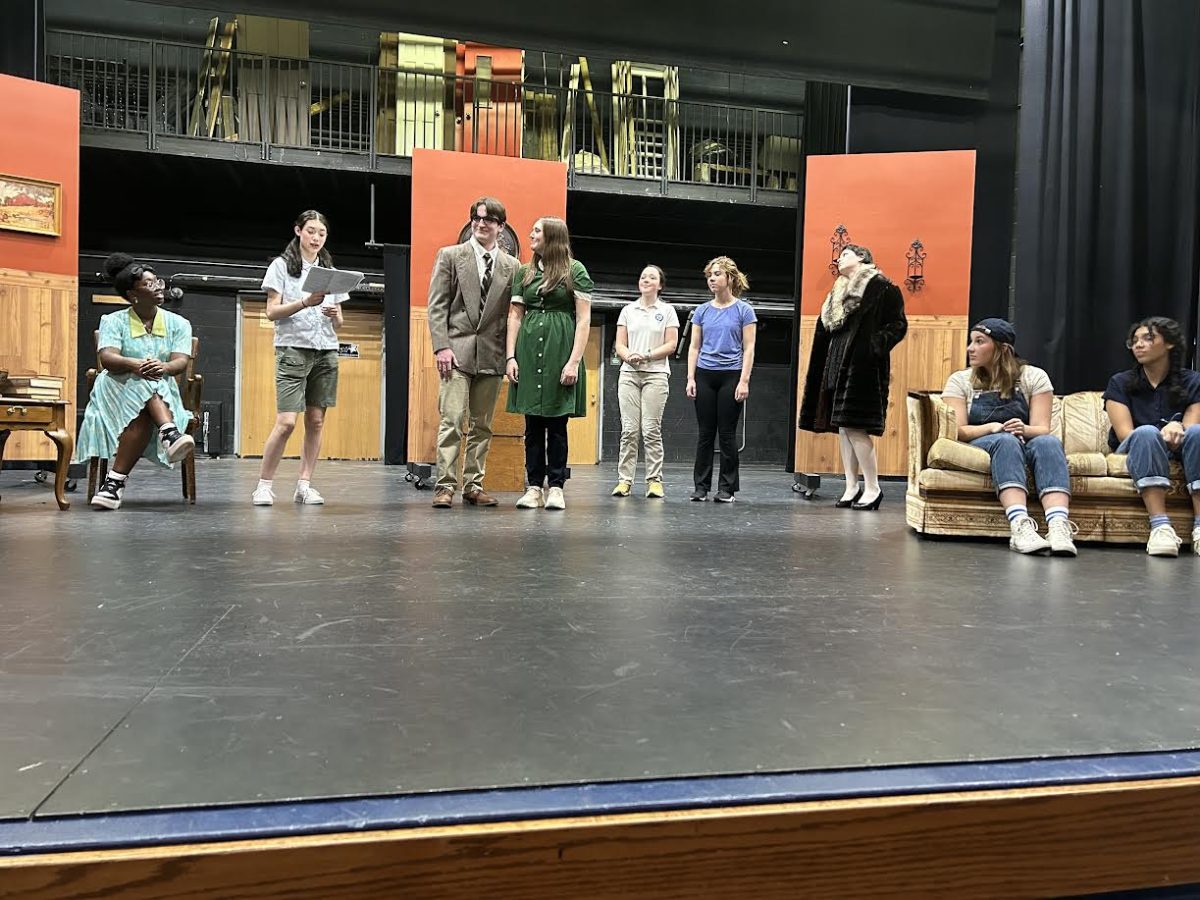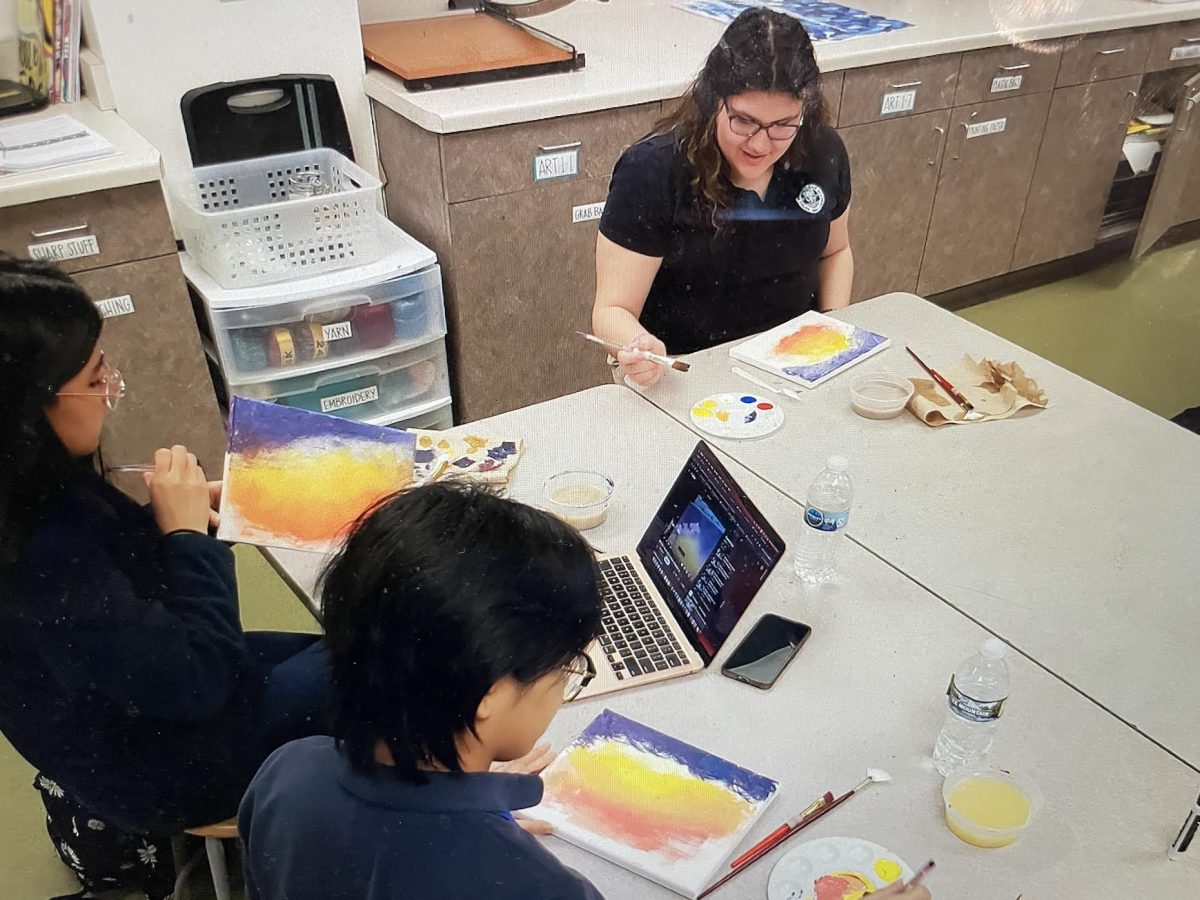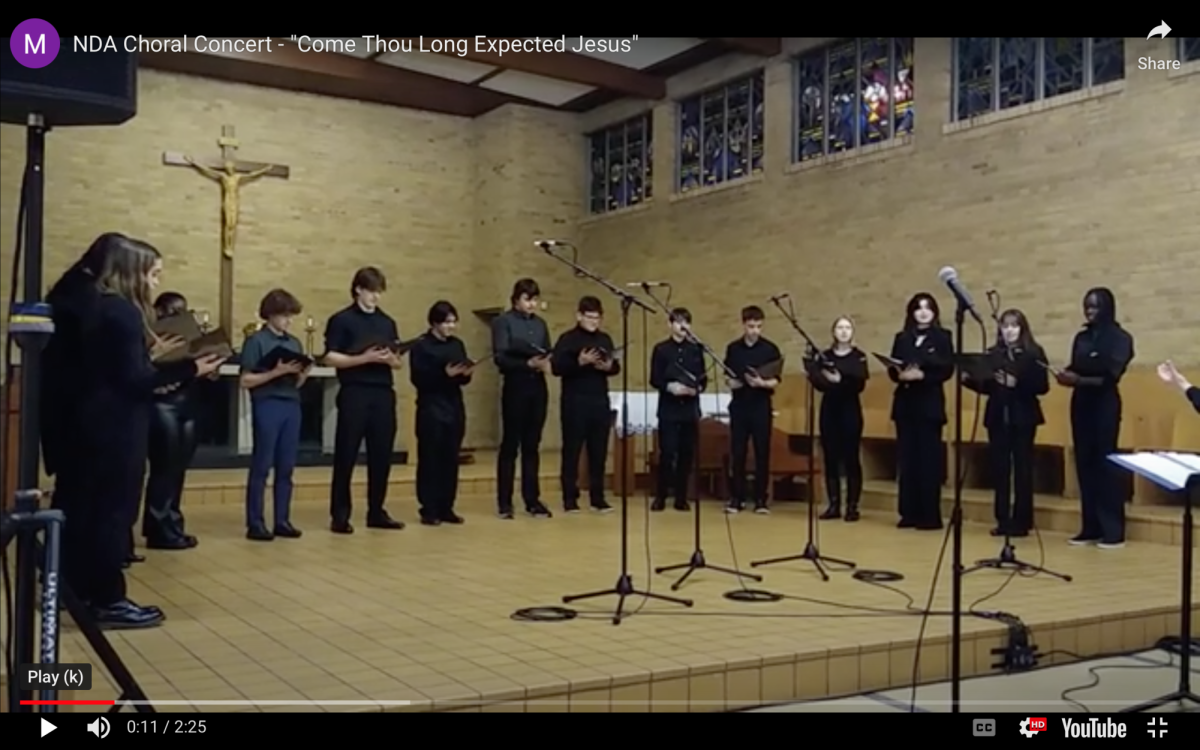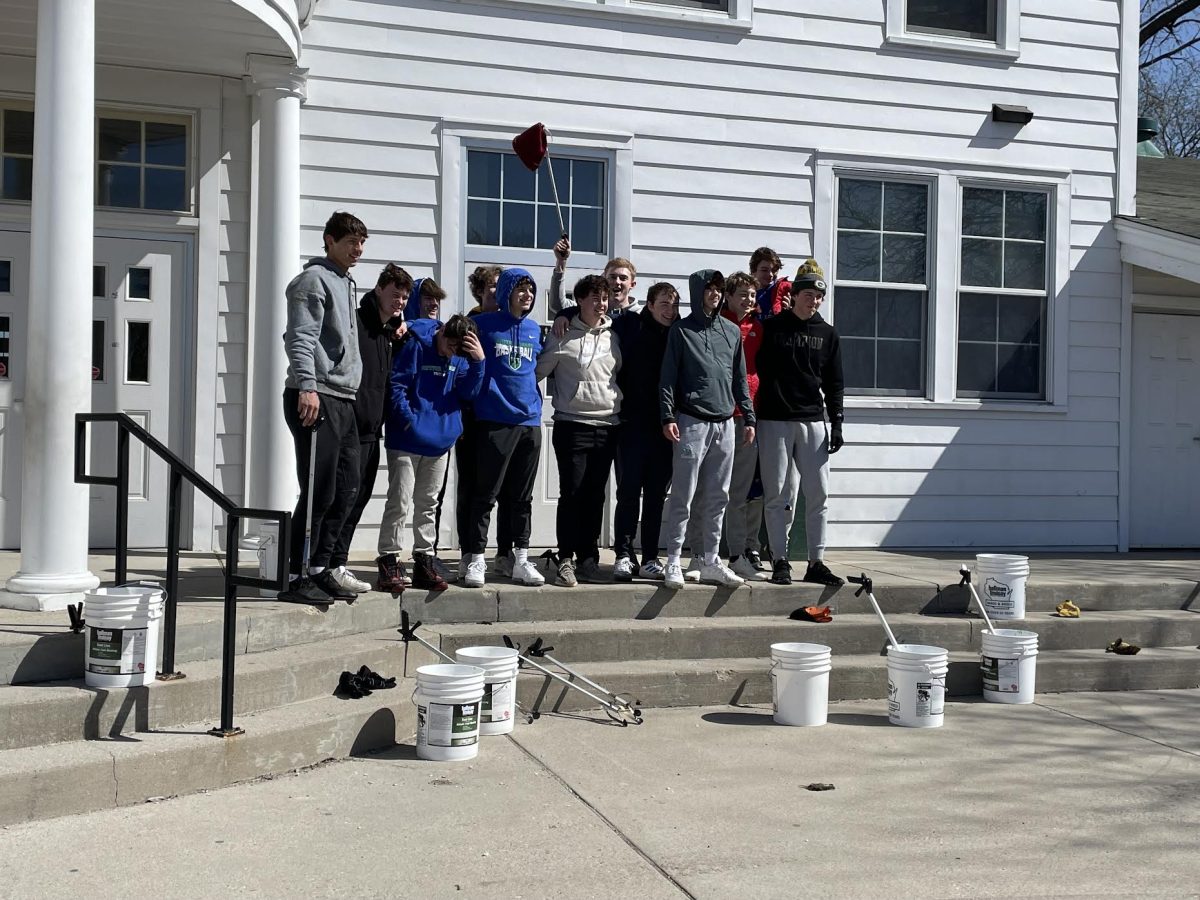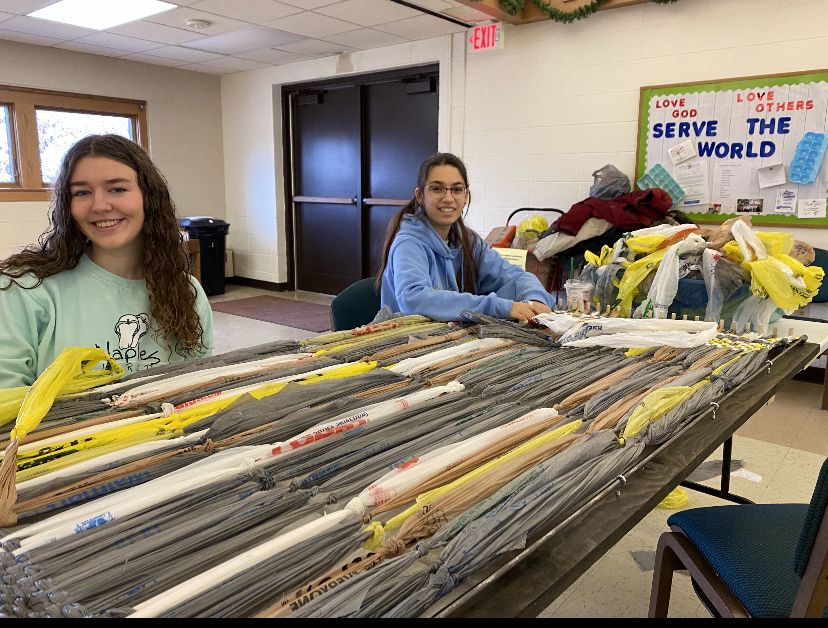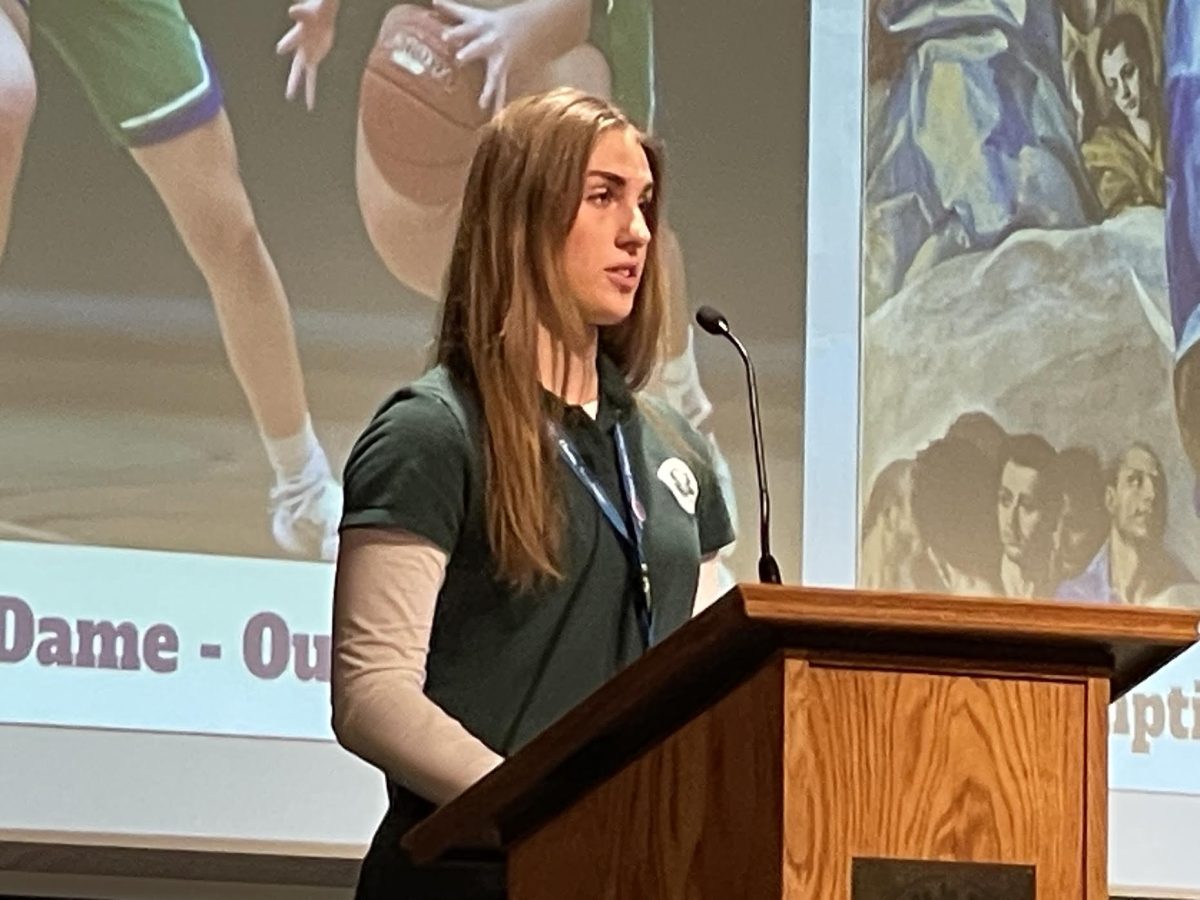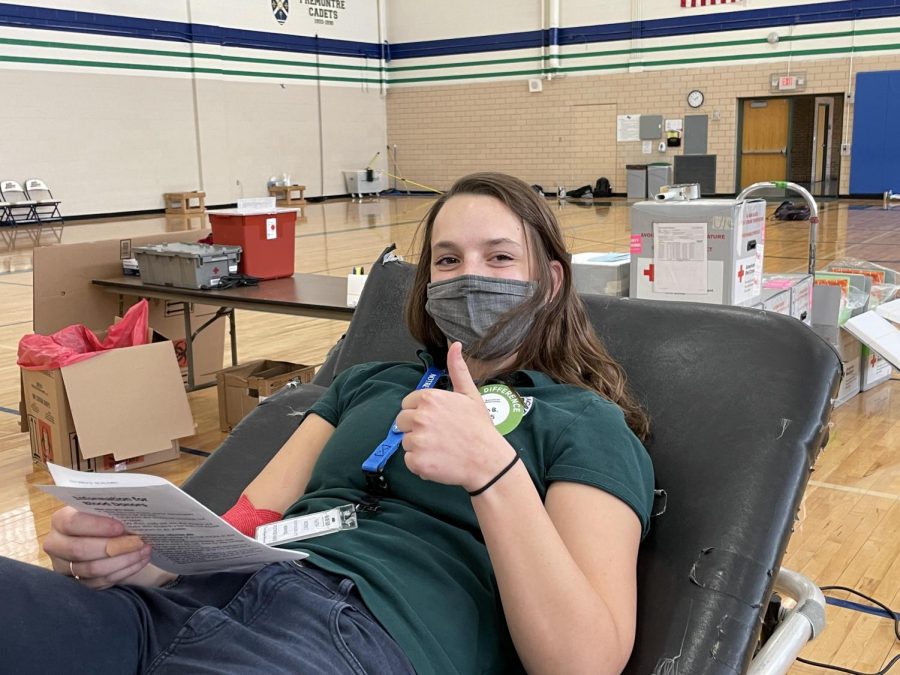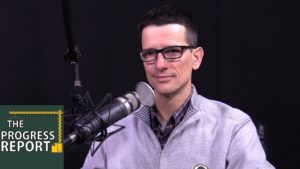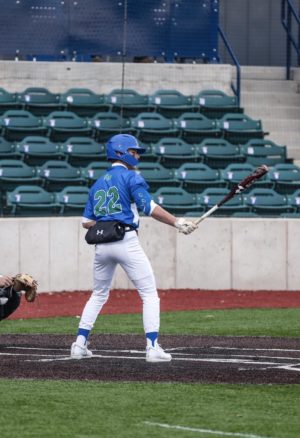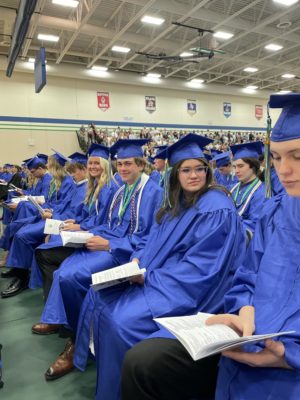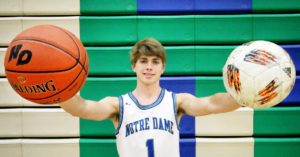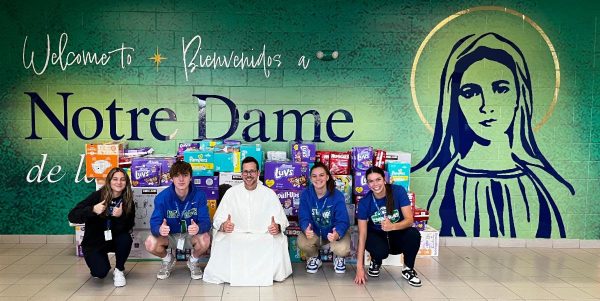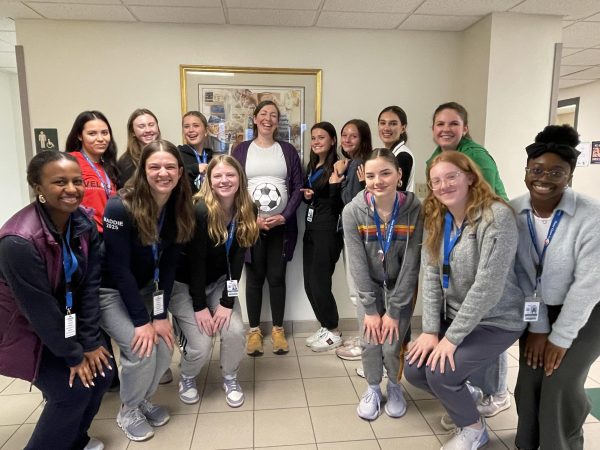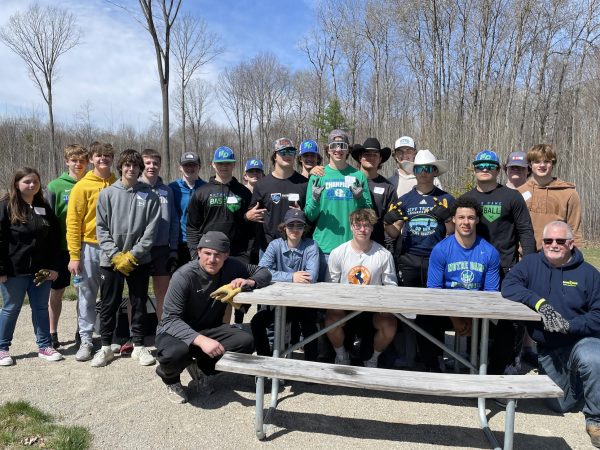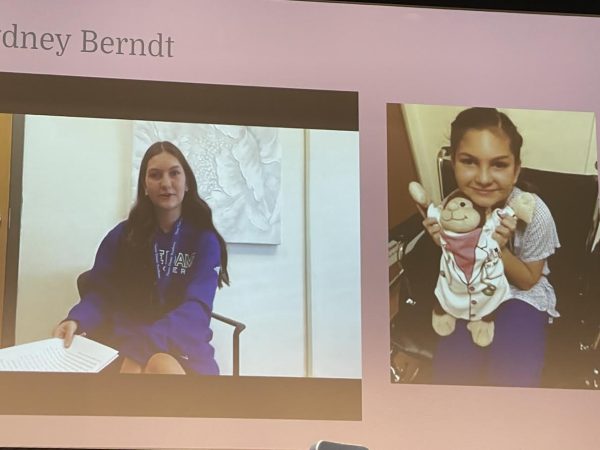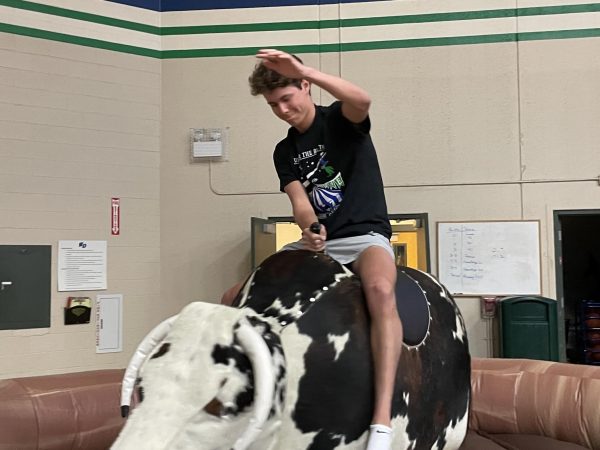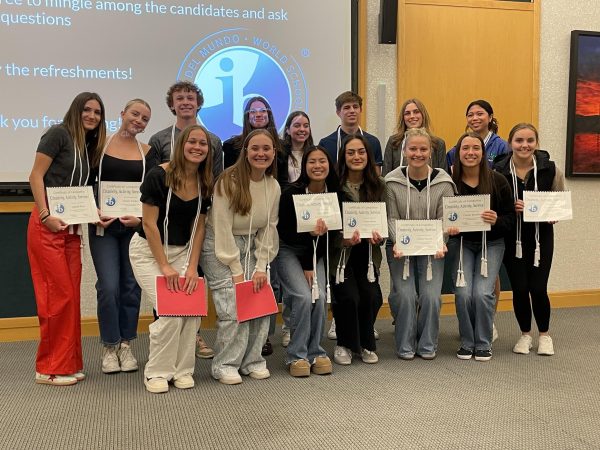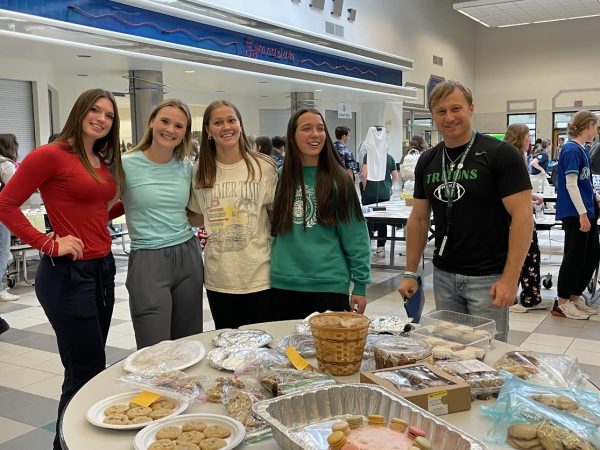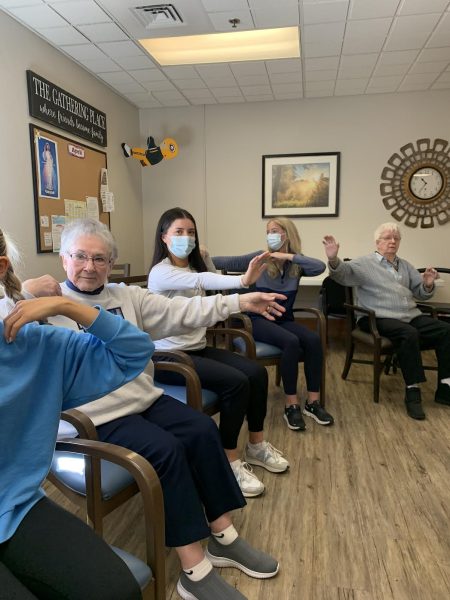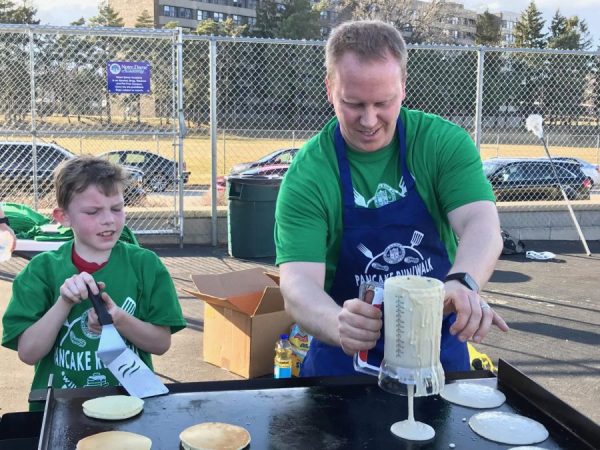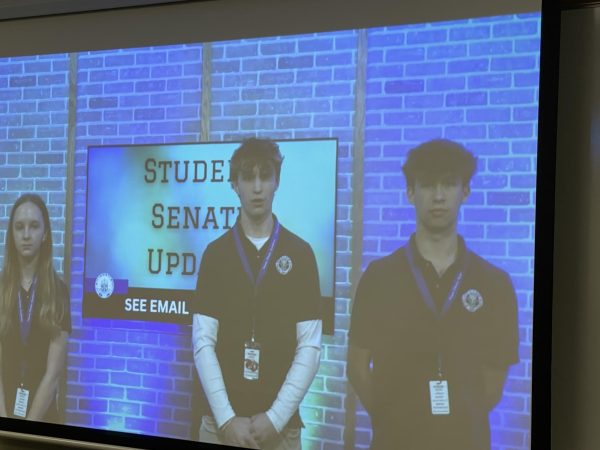Blood Drive a Major Success
May 9, 2021
The recent blood drive was a major success with many volunteers and coordinators happy to have Notre Dame involved in such a worthwhile endeavor.
Campus Minister Daniel Kriegl, senior Lainey Chosa and junior Mia Lemkuil were the ones who helped coordinate the blood drive. They were hoping for a total of 44 units and ended up with a total of 49 units. This was made possible by 45 whole-blood donations and four double-red donations
Due to the pandemic, some procedures had to change. One of these changes included the entrance protocols. There was a required temperature check and fewer student volunteers. This is because the Red Cross is limiting walk-ins and is enforcing social distancing.
“Sign-up has also changed. Normally students come up to the sign-up table during lunches to pick a time slot, but Mia and I went up to students this year. This might actually have helped since we get to speak directly to students who might be unsure about donating. We filled all of the time spots thanks to the great student and staff donors,” said Chosa.
Giving blood is very important for the community. It is a great need, especially due to the pandemic.
Coordinating the blood drive takes a lot of work. These three volunteers meet with an Account Representative from the Red Cross to schedule a date, time, location and to recruit blood drive donors for the blood drive. Persons unable to donate blood can still help out by coordinating blood drives.
“As I’ve stated many times, giving blood is a direct way to help the community. There is a constant need for blood and giving up a small amount of time (and blood) can make all the difference to someone who has an urgent need for a blood transfusion,” said the senior coordinator.
“Everyone who donates is able to see that direct service they have completed and can feel like they’ve given a part of themselves to help others. The Red Cross will send you an email with the location of where your blood went, too, so donors are able to further see that part of themselves travel to a person in need.”
This is Chosa’s third year helping to coordinate the blood drive. She and Mr. Kriegl are training Mia to take over after the senior’s graduation.
Kriegl himself is a regular donor and tries to donate every two months. Chosa, however, has been deferred for a year due to low iron.
Ironically, the day after the April 29th blood drive, she was cleared to donate.
“I am now able to give blood again and plan to at our summer blood drive,” she said.


